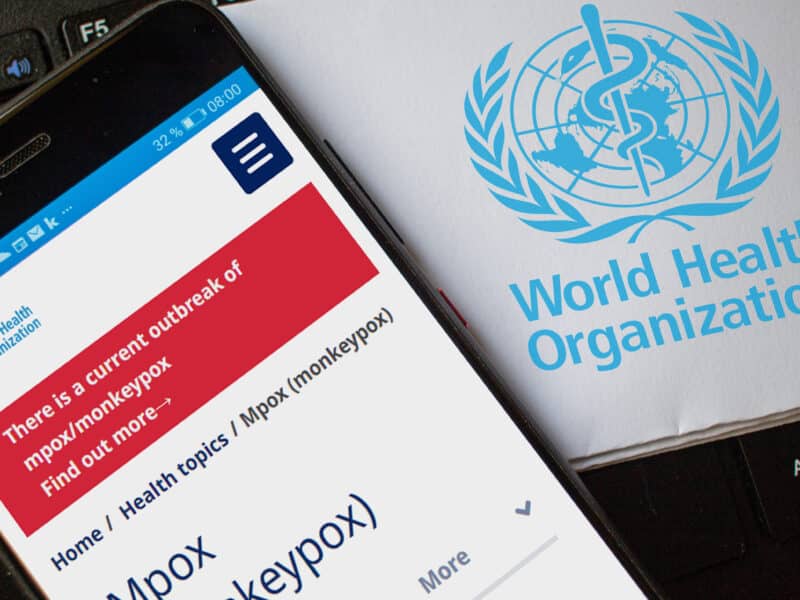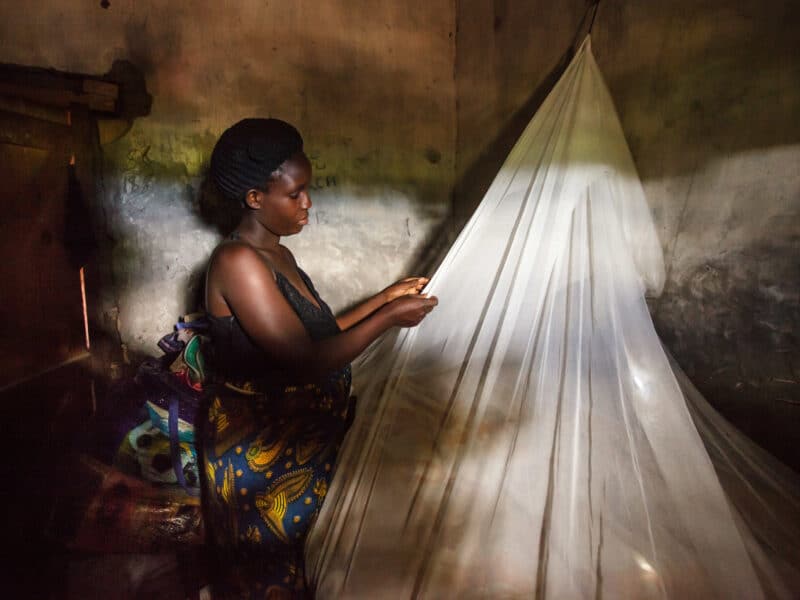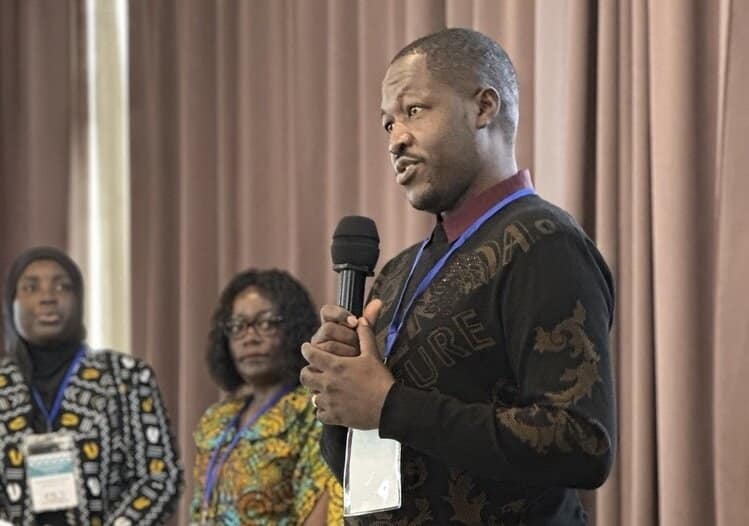Prominent communication scholar Suruchi Sood, PhD, whose research focuses on social and behavior change, has rejoined the Johns Hopkins Center of Communication Programs as CCP’s Director of Communication Science.
Sood returns to Johns Hopkins where she was a CCP program officer and ultimately senior research officer and assistant professor. She will also play a dual role this time. In addition to her work at CCP, she will also be a faculty member in the Johns Hopkins Bloomberg School of Public Health’s Department of Health, Behavior & Society.
Since 2012, she has been an associate professor at Drexel University in Philadelphia.
She replaces Doug Storey, PhD, an internationally known health communication expert who retired last year after nearly 30 years at CCP.
“This is the perfect point for me to return to CCP and I am looking forward to working as part of the team again,” Sood says. “There’s a sense of camaraderie at CCP that I’ve been missing, and this new position allows me to continue my research while keeping one foot in academia. It’s a really good fit.”
Sood earned an MA in Communication and Development Studies from Ohio University and her PhD in Intercultural Communication (with a Public Health minor) from the University of New Mexico. She is currently working on a textbook about program planning, implementation and evaluation from a health communication lens. She eventually hopes to start teaching again and mentoring young researchers in the field. Her research has been widely published with more than 100 journal articles, technical reports and conference papers. Her work ranges from advanced multivariate statistical analysis to community-based participatory research techniques. She has worked in more than 30 countries across five continents.
At the American Public Health Association (APHA) Annual conference in 2019, she was awarded the Public Health Education and Health Promotion (PHEHP) Section’s Everett M. Rogers award for outstanding achievement in the field.
CCP’s William Glass, interim executive director, has known Sood since the days when she first worked at the center. “Since she left us, she has gone on to solidify her leadership role in our field, so we are extremely lucky to have her return, more prepared than ever to help us learn and innovate,” Glass says. “Suruchi’s advanced work on social norms is critical to our ability to be thought leaders in that key area of social and behavior change work.”
Sood is known for developing a social norms framework, specifically examining how social and behavior change communication can be used as a mechanism for shifting norms around a given harmful practice. This came out of work she did for UNICEF in Ethiopia and Guinea around female genital mutilation and can be used for other harmful behaviors. It is being implemented in eight countries, she says.
“It’s not every researcher who develops a framework that others can use to change social norms,” says Stella Babalola, PhD, CCP’s director of research and evaluation. “She will be a real asset to the center.”
Says Rajiv N. Rimal, PhD, professor and chair of the Department of Health, Behavior and Society in which CCP sits: “We are fortunate to have Suruchi back in the department, given her insights, the many scientific contributions she continues to make, and student mentorship she continues to provide. Her work on social norms is both innovative and practical, addressing significant public health problems in many parts of the world, particularly in reducing harmful behaviors, such as female genital mutilation and child marriage.”
Sood says she is committed to not just using formative research, audience analysis and end-line evaluations that answer the simple question of “Did it work?” She says she wants to focus on process and examine projects while they are being implemented to ensure they are having the desired impact.
She wants to be able to unravel how programs, such as entertainment education, actually work. “What is the process people go through to change their behavior?” she asked. “I’m ready to get my hands dirty with some data.”




